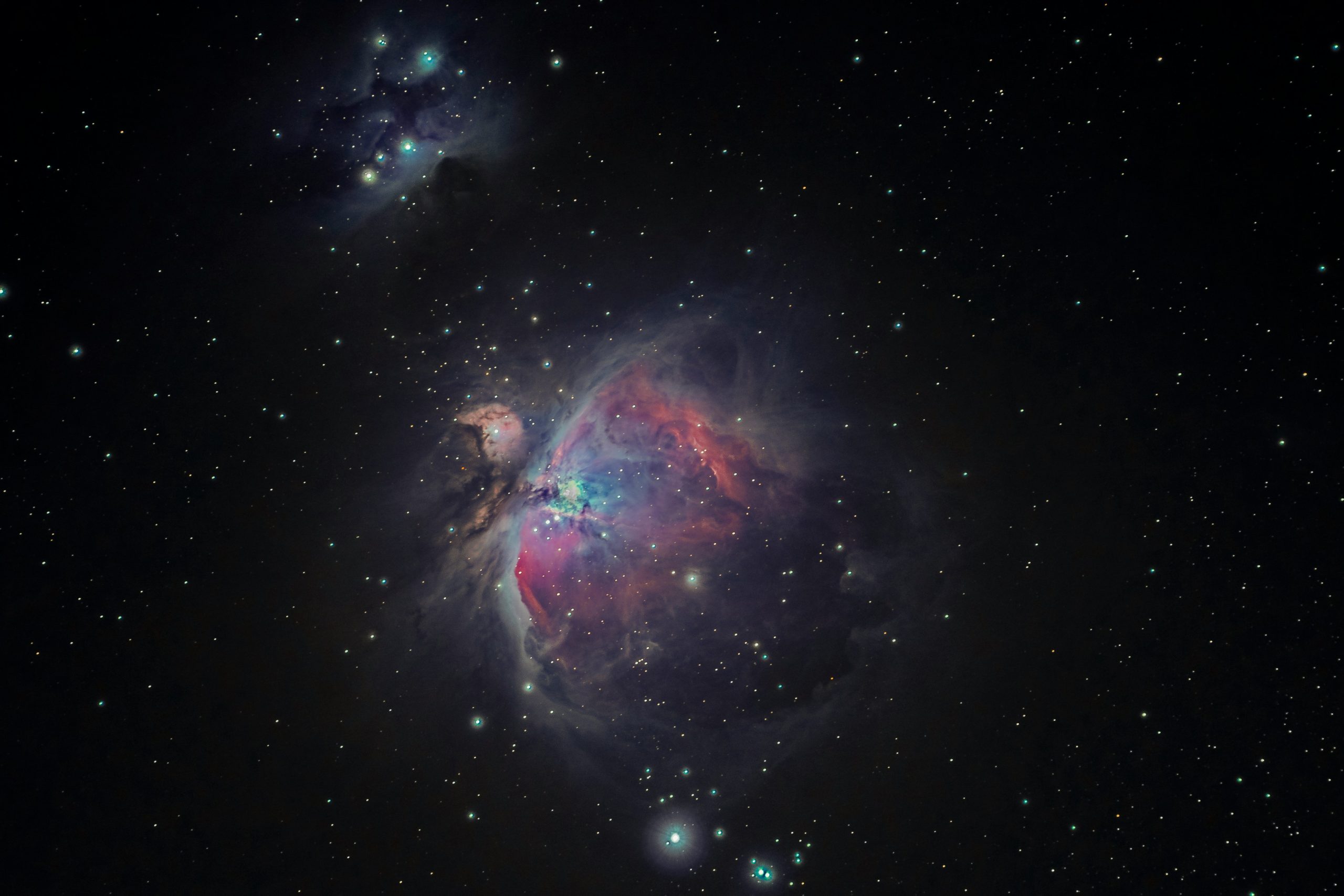Nymphs and Sirens: Enigmatic Maidens of Myth

Looking for more amazing products? Check out our online store and explore our collection here! Happy shopping!
Before diving in, please note: This post is for informational purposes only. If you’d like to know more about how we approach topics, feel free to check out our friendly Disclaimer Page.
Hey there, amazing readers! 
We’re committed to delivering quality posts, and your support (even just sticking around despite the ads) means everything to us. So, bear with us, and thanks for helping us keep the good vibes rolling. Now, on to the fun stuff!
TRANSLATE BUTTON AT THE END OF THE ARTICLE
Introduction: Exploring the Enigmatic Maidens of Myth
In the vast tapestry of mythology, there are beings that captivate the imagination and hold a mysterious allure: nymphs and sirens.
These enigmatic maidens of myth have fascinated storytellers, artists, and scholars for centuries with their beauty, charm, and otherworldly nature.
From the nymphs who dwell in the forests, rivers, and mountains to the seductive sirens who lure sailors to their doom, these mythical beings embody the untamed essence of the natural world and the dangers that lie within it.
Origins of Nymphs: Nature’s Mystical Spirits
Nymphs trace their origins back to ancient Greek mythology, where they were believed to be nature spirits associated with specific natural features such as rivers, mountains, and forests.
These mystical beings were considered to be guardians of the natural world, embodying its beauty and power.
Nymphs were often depicted as beautiful maidens with ethereal qualities, possessing the ability to shape-shift and blend seamlessly into their surroundings.
They were seen as intermediaries between the human and divine realms, bridging the gap between mortals and the gods.
Types of Nymphs: From Water to Land
Nymphs were classified into various types based on their habitat and attributes.
Some of the most well-known types of nymphs include:
Naiads: Water nymphs who resided in rivers, streams, and fountains.
Dryads: Tree nymphs who inhabited forests and groves.
Oreads: Mountain nymphs who dwelled in the mountains and rocky cliffs.
Nereids: Sea nymphs who lived in the depths of the ocean.
Each type of nymph was associated with a specific aspect of nature and played a unique role in the mythological landscape, from nurturing plants and animals to guiding travelers through the wilderness.
Nymphs in Greek Mythology: Stories and Legends
In Greek mythology, nymphs played prominent roles in various myths and legends.
One of the most famous nymphs in Greek mythology is Echo, a mountain nymph who was cursed by Hera to only repeat the last words spoken to her.
Another well-known nymph is Calypso, a sea nymph who detained Odysseus on her island for seven years in Homer’s "The Odyssey." Nymphs were often portrayed as both benevolent and capricious beings, capable of aiding or hindering mortals depending on their whims.
Sirens: Temptresses of the Sea
Sirens, on the other hand, were mythical creatures who inhabited rocky islands and lured sailors to their deaths with their enchanting songs.
In Greek mythology, sirens were typically depicted as half-bird, half-woman beings with beautiful voices that could mesmerize anyone who heard them.
Sailors who succumbed to the sirens’ songs would steer their ships towards the rocky shores, resulting in shipwrecks and death.
Siren Mythology: Luring Sailors to Their Doom
The most famous portrayal of sirens in Greek mythology can be found in Homer’s "The Odyssey," where Odysseus and his crew encounter these seductive creatures during their journey home.
To resist the sirens’ irresistible song, Odysseus has his crew plug their ears with wax and tie him to the mast of the ship, allowing him to hear the sirens’ song without succumbing to its deadly allure.
This tale serves as a cautionary reminder of the dangers of succumbing to temptation and the consequences of giving in to one’s desires.
Nymphs vs. Sirens: A Comparison of Traits
While both nymphs and sirens are associated with the natural world and possess otherworldly qualities, they differ in their intentions and behaviors.
Nymphs are generally seen as benevolent beings who protect and nurture the natural world, while sirens are often portrayed as malevolent temptresses who lead men astray.
Nymphs embody the beauty and harmony of nature, while sirens represent the dangers and temptations that lurk within it.
Despite their differences, both nymphs and sirens embody the dual nature of the natural world, with its capacity for both beauty and danger.
Symbolism and Interpretations of Nymphs and Sirens
Nymphs and sirens have been interpreted in various ways throughout history, symbolizing different aspects of human experience and the natural world.
Nymphs are often seen as symbols of youth, beauty, and vitality, embodying the rejuvenating and life-giving qualities of nature.
Sirens, on the other hand, are associated with temptation, desire, and the darker aspects of human nature.
The dichotomy between nymphs and sirens reflects the complexities of human existence and the eternal struggle between the lure of the natural world and the dangers that lie within it.
Influence of Nymphs and Sirens in Art and Literature
The captivating allure of nymphs and sirens has inspired artists, writers, and musicians throughout history to create works of art and literature that celebrate their beauty and mystique.
From classical paintings depicting nymphs frolicking in the woods to epic poems recounting the exploits of sailors ensnared by sirens, these mythical beings have left an indelible mark on the cultural landscape.
Artists such as John William Waterhouse and Gustave Moreau have created stunning depictions of nymphs and sirens, capturing the ethereal beauty and tragic allure of these enigmatic maidens.
Modern Depictions of Nymphs and Sirens
In contemporary culture, nymphs and sirens continue to captivate audiences through various forms of media, including films, television shows, and literature.
From the mesmerizing sirens in "Pirates of the Caribbean" to the ethereal nymphs in "Pan’s Labyrinth," these mythical beings are reimagined and reinvented for modern audiences.
Nymphs and sirens serve as powerful symbols of nature, desire, and the eternal struggle between the allure of the unknown and the dangers that lie within it.
Their timeless appeal continues to resonate with audiences around the world, reflecting humanity’s enduring fascination with the mysteries of the natural world.
The Fascination with Enigmatic Maiden Figures
The enduring appeal of nymphs and sirens lies in their enigmatic nature and their ability to embody the dualities of human experience.
Nymphs represent the beauty, vitality, and harmony of nature, while sirens symbolize the darker, more seductive aspects of desire and temptation.
The dichotomy between these mythical beings mirrors the complexities of human existence and the eternal struggle between the light and dark forces that shape our lives.
By exploring the myths and legends surrounding nymphs and sirens, we gain insight into our own desires, fears, and aspirations, as well as our connection to the natural world that surrounds us.
Conclusion: The Timeless Allure of Nymphs and Sirens
In conclusion, nymphs and sirens are enigmatic maiden figures whose beauty, charm, and mystique have captivated audiences for centuries.
From the mystical nymphs who embody the essence of nature to the seductive sirens who tempt sailors to their doom, these mythical beings continue to fascinate and inspire us with their timeless allure.
Through art, literature, and popular culture, nymphs and sirens remain powerful symbols of the complexities of human experience and our enduring fascination with the mysteries of the natural world.
As we delve into the myths and legends surrounding these enigmatic maidens, we uncover a rich tapestry of stories that reflect the eternal truths of the human condition and our deep-seated connection to the world around us.

The Enlightenment Journey is a remarkable collection of writings authored by a distinguished group of experts in the fields of spirituality, new age, and esoteric knowledge.
This anthology features a diverse assembly of well-experienced authors who bring their profound insights and credible perspectives to the forefront.
Each contributor possesses a wealth of knowledge and wisdom, making them authorities in their respective domains.
Together, they offer readers a transformative journey into the realms of spiritual growth, self-discovery, and esoteric enlightenment.
The Enlightenment Journey is a testament to the collective expertise of these luminaries, providing readers with a rich tapestry of ideas and information to illuminate their spiritual path.
Our Diverse Expertise
While our primary focus is on spirituality and esotericism, we are equally passionate about exploring a wide range of other topics and niches 

To ensure we provide the most accurate and valuable insights, we collaborate with trusted experts in their respective domains 
Our blog originally focused on spirituality and metaphysics, but we’ve since expanded to cover a wide range of niches. Don’t worry—we continue to publish a lot of articles on spirituality! Frequently visit our blog to explore our diverse content and stay tuned for more insightful reads.
Hey there, amazing reader! 
Check out our store here and take a peek at some of our featured products below! Thanks for being awesome!












